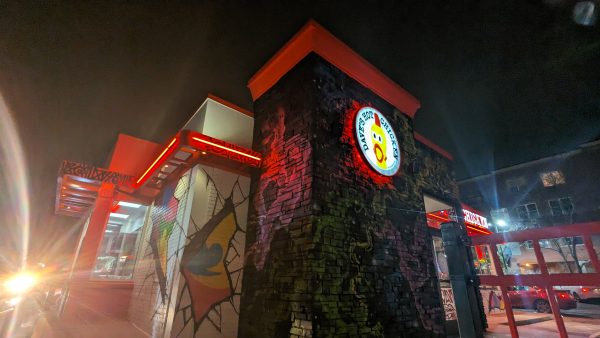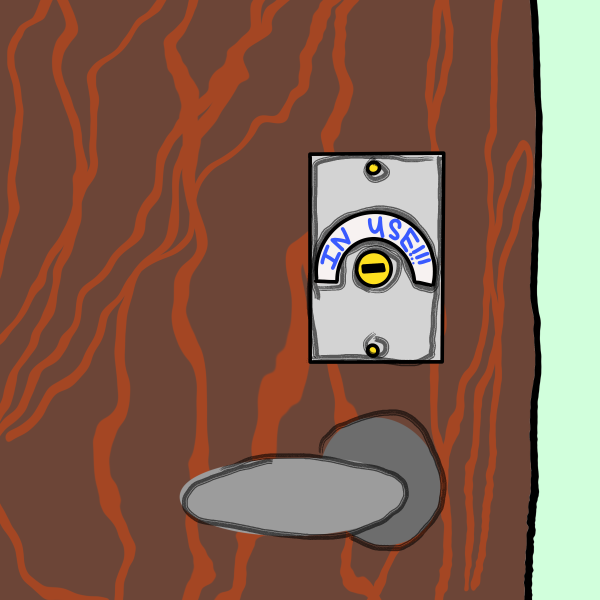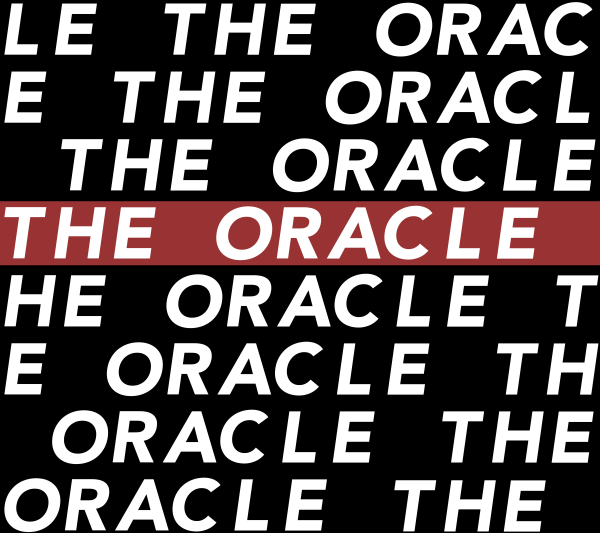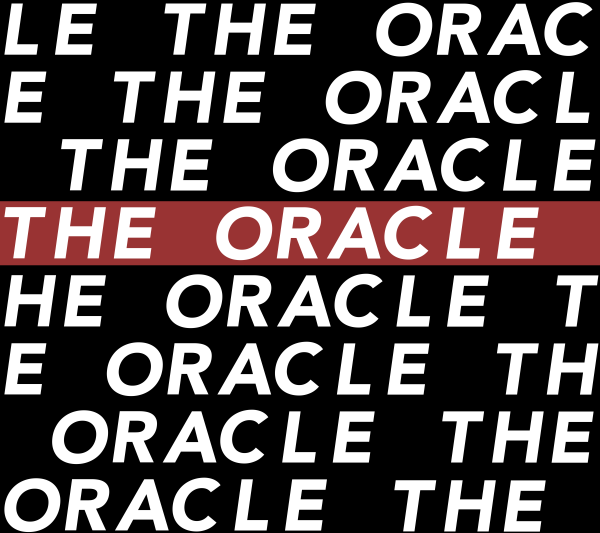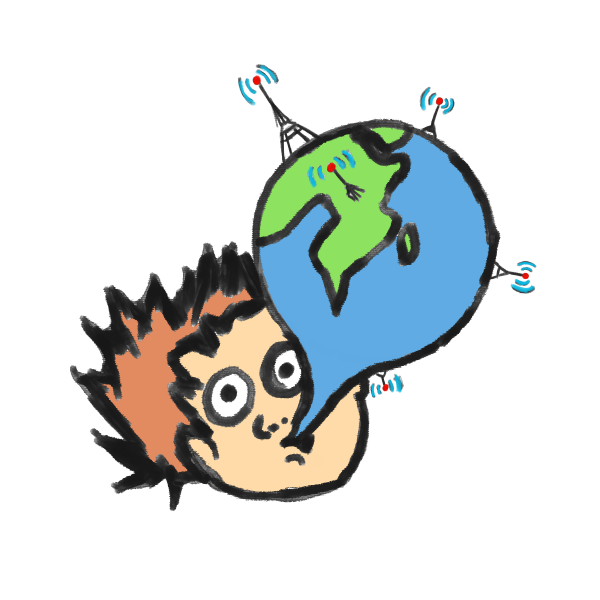Welcome to the millennial era
Where the economy’s rigged and people can’t see it.
May 4, 2016
Call us whatever you want, be it Gen Y, millennials or “kids these days”, but the reality is that our generation is rising into its own. We’re no longer kids, but older teenagers on one end and working adults on the other, depending on your cutoff year for our generation. We’re already incredibly culturally powerful, and we’re becoming increasingly politically powerful. So how come that doesn’t necessarily translate into economic power?
On one level, we already are. This power comes from that cultural power that I mentioned previously. Creativity and tech-savviness, if general media consensus is to be believed, are hallmarks of millennial culture. Looking at job descriptions, these are two skills employers are increasingly looking for. Everyone agrees that the Internet and other emerging tech is remaking society, and everyone has to adapt. Since our generation was born in the explosion of personal computing, we’ve had far more experience with it than any before us. Because of this, we’re more open to adapt and look for an unorthodox solution. This is the Silicon Valley mindset, so it’s no wonder that this is why our generation favors working at tech startups like those that the Valley attracts, alongside the great pay, the cultural geography of Northern California and benefits those jobs come with.
Theoretically, and in the narrative we’re sold, our generation should be doing quite well because of this. Then reality sets in and you find an economic time bomb. The neoliberal economics that have marked the past 40 years are coming home to roost in the form of high inequality and debt that we, as the soon-to-be primary working generation, must handle.
According to top management company McKinsey and Co., the top 20% of millennials earn eight times what the bottom 80% earns, up from four times in 2000. In a capitalist society like ours, some inequality isn’t a bad thing. It keeps the economy going. Great inequality, however, burns the economy out by excessively concentrating the wealth to those on top. In a generation that’s already this stratified, and if economic trends continue, this means that the economy will eventually stall thanks to too few people having more money than they’d need in five lifetimes. This inequality has been built into our generation by economic policies in place at our birth. Making things worse is the extreme indebtedness of our generation. Schooling is a huge part of this, with student loan debts estimated at $1.2 trillion by Marketwatch. Yes, trillion with a t. Since student loans are harder to pay off than ever, and with higher education a higher priority than ever, this means that most of our generation is off to a bad start economically.
While all of this is disconcerting, it’s the response to these problems that really get to me. So? Move to a creative city. Find a new job there. Network and promote yourself. The Internet can make anyone a millionaire! If only it were that easy. “Creative cities” like San Francisco or Brooklyn are so gentrified that moving there is impossible without a job in place. Those jobs are fiercely competitive and often require networking in advance. And while the Internet can make people rich, it happens about as often as people win lotteries, only with far more work than just buying a ticket at a gas station. This incredibly patronizing and dismissive attitude doesn’t say “I know what you’re going through and want to help” but rather “I got mine. Get your own.”
This comes before my biggest problem with how millennials are perceived. Why is asking for or trying to improve our situation looked down on? How come we’re seen as whiners, the “me me me generation” as Time Magazine put on their cover, for trying to make a positive change for ourselves? The reality is that as we become more politically relevant and pay more in taxes, we’ll have the capacity to really affect the way our economy works, and we can use that to make the economy fairer for everybody and make the Internet the great equalizer it’s touted as.
We can do this. It’s not easy, and will take years or decades, but we can’t just say “we’re the future” anymore, because the future is now. Soon it will be the past. Let’s make sure that the next future is fairer for everyone.

